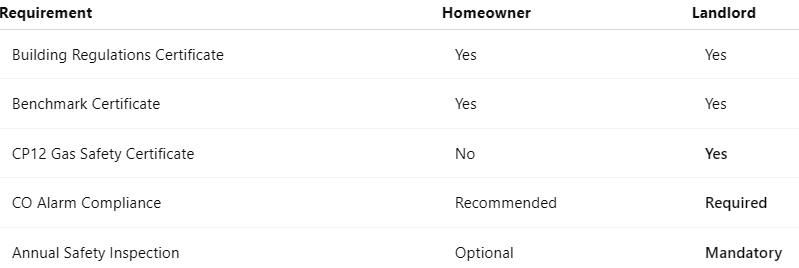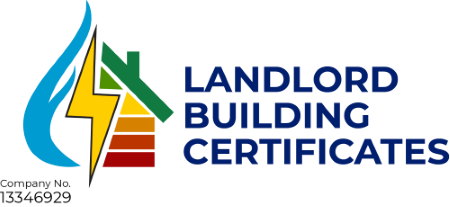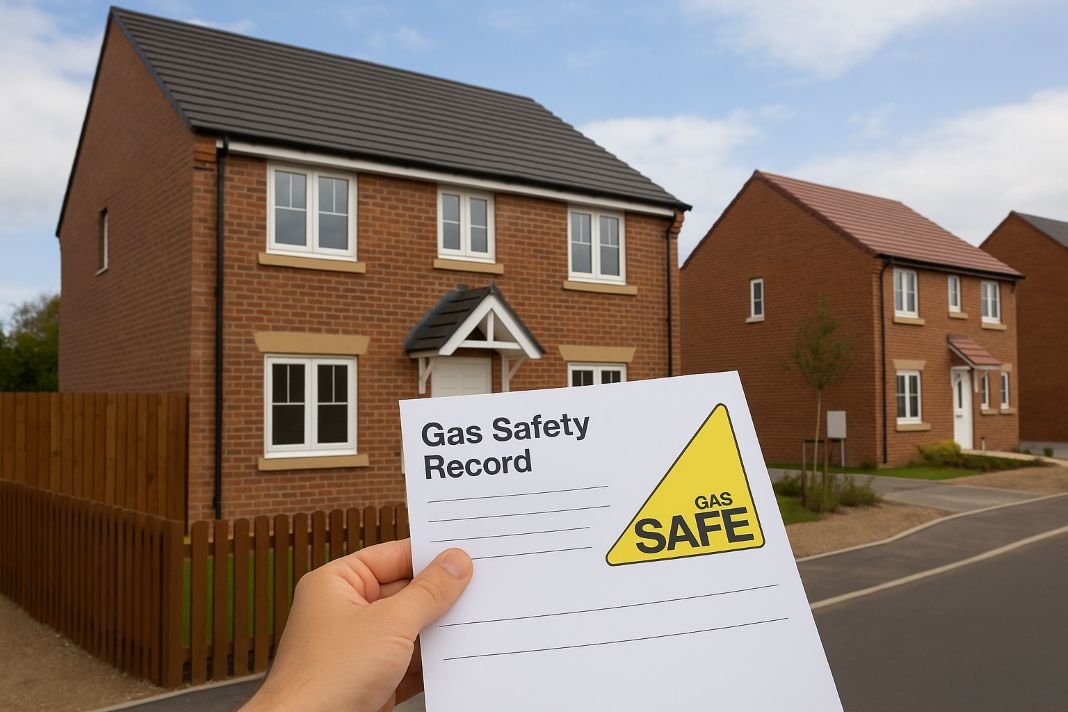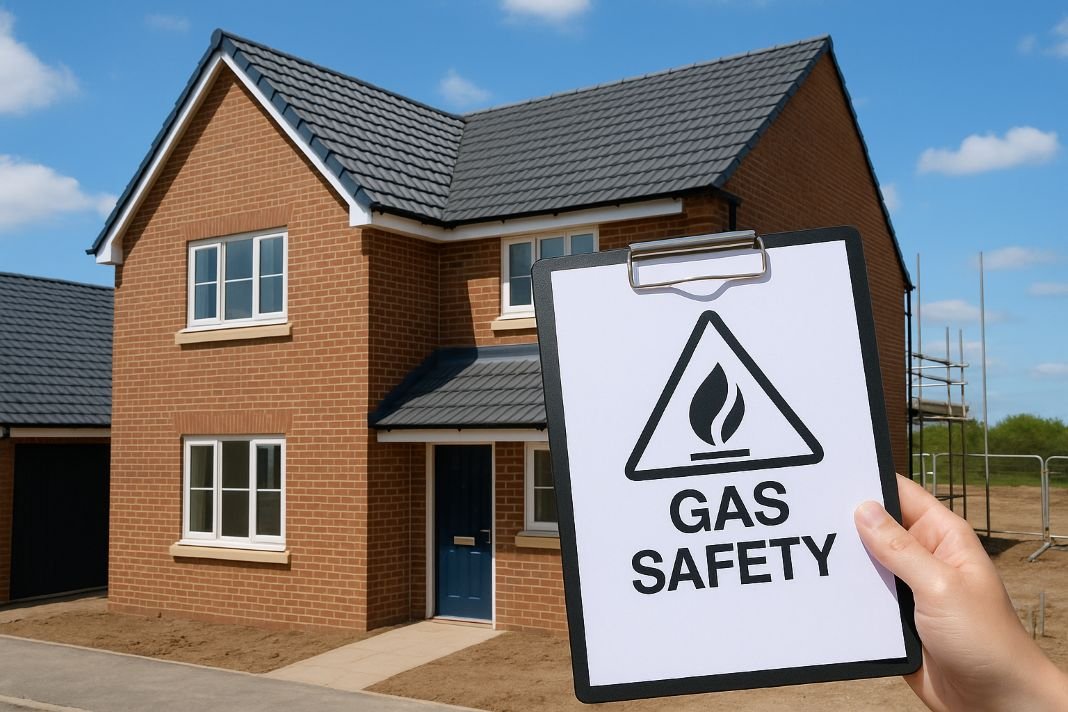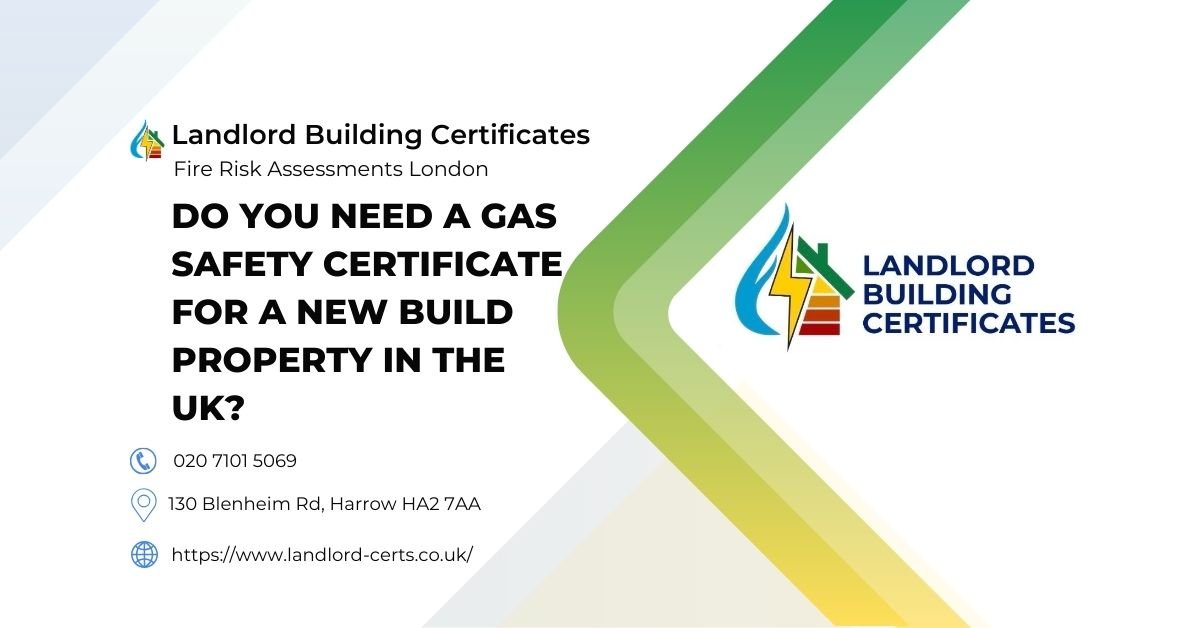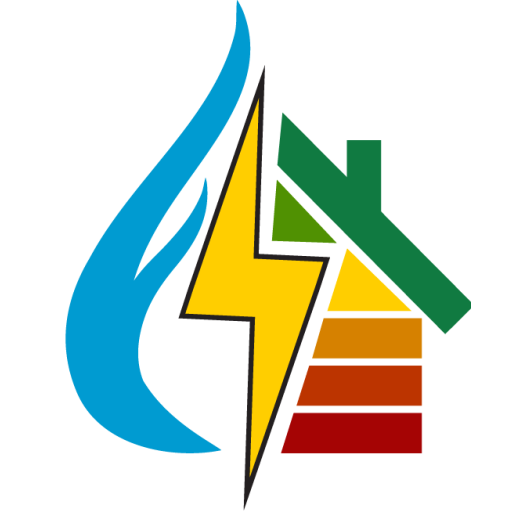What Does a Gas Safety Certificate Mean for a New Build?
A CP12 gas safety certificate is not usually included in the standard paperwork for a newly built home. Builders often provide documents showing installation and basic gas compliance, but these fall short of legal landlord obligations. If you plan to rent out your property, it’s essential to understand what these documents do and don’t cover. For landlords, a CP12 gas safety certificate for new build property is a legal must when meeting gas compliance checklist standards.
Here's What We Have Covered In This Article
Certificates You Receive from Builders
Building Regulations Compliance Certificate
This document confirms that gas work complies with Building Regulations Part J. Issued after a qualified engineer inspects the installation, it proves the work meets construction safety standards. However, it doesn’t account for long-term gas safety, which is why a landlord CP12 certificate is still necessary. Some boroughs in NW London, such as Harrow or Brent, may request both CP12 and valid building control documentation when registering a new tenancy.
Benchmark Certificate for Boilers
The boiler’s manufacturer supplies this checklist, confirming proper installation. The installer signs it upon completion. For landlords, it supports compliance but doesn’t replace the need for a gas safety inspection as part of wider legal landlord documents or to satisfy landlord gas safety requirements.
Gas Safe Installation Certificate
Registered Gas Safe Register engineers may issue this after completing an installation. It confirms the work was safely done but is not a substitute for the annual CP12 certificate landlords are legally required to maintain. To remain compliant, landlords must also meet broader property compliance rules, especially when managing lettings in areas like SW London, including parts of Clapham, Battersea or Tooting.
Who Needs a CP12 and Why?
Are You an Owner-Occupier?
Homeowners living in the property aren’t legally required to hold a CP12. Still, periodic checks are a wise step for anyone looking to ensure safe and efficient gas appliances in line with recommended safety practices.
Are You Renting the Property?
Landlords must meet the standards outlined in the Gas Safety (Installation and Use) Regulations 1998, which includes renewing a CP12 every year. Tenants must receive a copy before moving in. This is a clear-cut legal landlord gas safety requirement, listed as one of the core rental safety obligations and verified through a recognised gas safety certificate UK.
Is New Build Paperwork Enough for Renting?
Why Builder Documents Aren’t Substitutes
Certificates from the builder prove that systems were properly installed but don’t confirm continued safe use. CP12 inspections focus on leaks, wear, and other hazards, making them a key part of your gas safety compliance checklist and the broader CP12 inspection checklist required when renting new build property.
What Letting Agents and Councils Expect
Letting agents and local councils generally insist on a current CP12 before approving tenants or listing properties. It’s a standard part of the rental readiness checklist and ensures full regulatory compliance. Expect them to also request additional legal landlord documents, especially for new builds located in NW or SW London boroughs.
What Landlords Must Have in Place Before Tenants Move In
Who Issues a CP12?
Only Gas Safe registered engineers are authorised to issue a CP12. Their credentials should be checked before any inspection. Booking a CP12 for new build property early avoids tenancy delays and keeps your property aligned with rental safety obligations.
How Long Is a CP12 Valid?
Each CP12 certificate is valid for 12 months. It should be renewed before expiry to stay compliant. Skipping a renewal could result in fines, tenant issues, or eviction delays, and non-compliance with critical gas safety certificate UK conditions.
Pro Tip:Always double-check the engineer’s ID on the Gas Safe Register before any inspection.
Letting a New Build Property?
Get your gas safety sorted before tenants move in.
How to Arrange a CP12 Inspection
Booking Checklist
-
Confirm the engineer’s Gas Safe registration
-
Ensure gas appliances are accessible and operational
-
Collect boiler manuals and other safety handover documents to assist with a full CP12 inspection checklist
Ask These Questions Beforehand
-
What does the check include?
-
Will the certificate be printed or emailed?
-
Can more than one property be inspected during the visit?
What Can Go Wrong Without Proper Documentation?
Carbon Monoxide Alarm Rules
Landlords must install carbon monoxide alarms in rooms with gas or solid fuel appliances. Failing to follow CO alarm installation rules can lead to financial penalties even if the property is new.
Tenancy Delays and Insurance Issues
Not having a CP12 can delay tenant move-ins and void landlord insurance policies. Documents provided at handover don’t replace this legal requirement. A valid gas safety certificate UK landlords need is essential to avoid legal exposure.
Book Your CP12 Today
Get fully compliant gas safety checks with CP12 issued fast. Ideal for landlords and homeowners.
What Happens If You Don’t Have a CP12?
Legal and Financial Consequences
Without a CP12, landlords may face prosecution or be unable to serve eviction notices under Section 21. This is particularly risky for those renting out new build properties without valid gas certification.
Risk to Insurance Cover
Should a gas-related incident occur, insurers may deny claims without proof of CP12. Most policies require up-to-date gas safety certificate UK compliance and confirmation of adherence to gas compliance checklist expectations.
Summary Checklist for Landlords and Homeowners
Homeowner vs Landlord Quick Reference
-
Homeowners: CP12 not legally required, but regular checks recommended.
-
Landlords: CP12 legally required and must be renewed annually. Lack of it can cause legal and financial issues when renting new build property.
Printable Action Steps Table
